He who learns but does not think, is lost! He who thinks but does not learn is in great danger
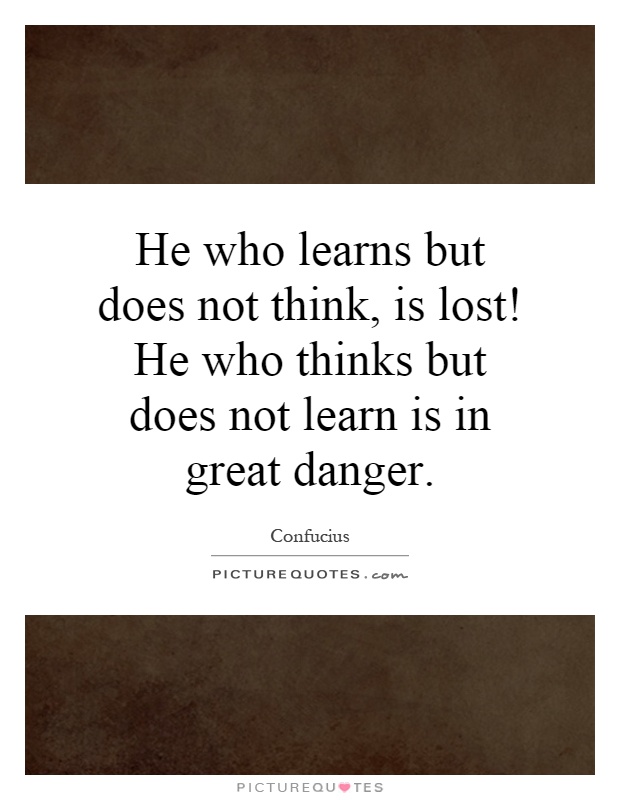
He who learns but does not think, is lost! He who thinks but does not learn is in great danger
Confucius, the ancient Chinese philosopher and teacher, emphasized the importance of both learning and critical thinking in order to achieve true wisdom and understanding. His famous quote, "He who learns but does not think, is lost! He who thinks but does not learn is in great danger," encapsulates his belief that a balance between acquiring knowledge and actively engaging with that knowledge through critical thinking is essential for personal growth and enlightenment.For Confucius, learning was not simply about memorizing facts or information, but about cultivating a deeper understanding of the world and oneself. He believed that true learning required reflection and contemplation, as well as the ability to apply that knowledge in practical ways. Without critical thinking, one could easily become lost in a sea of information, unable to discern truth from falsehood or make meaningful connections between ideas.
On the other hand, Confucius also recognized the dangers of thinking without a solid foundation of knowledge. Without a strong base of learning, one's thoughts and ideas could easily become misguided or misinformed. Critical thinking without the necessary background knowledge could lead to faulty reasoning, logical fallacies, and ultimately, dangerous decisions.
In essence, Confucius believed that learning and thinking were two sides of the same coin, each necessary for the other to flourish. By combining the acquisition of knowledge with the ability to critically analyze and evaluate that knowledge, one could achieve a deeper level of understanding and insight. This holistic approach to education and personal development was central to Confucius' teachings and continues to be relevant in today's world.

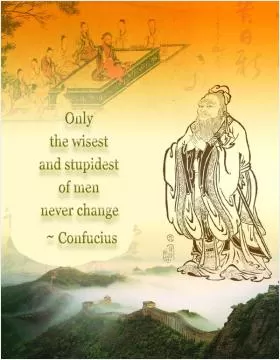
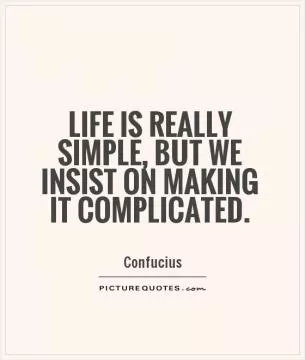

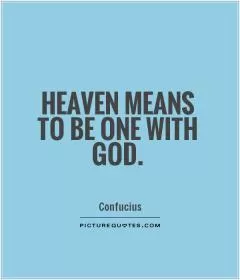
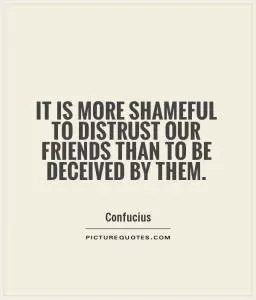
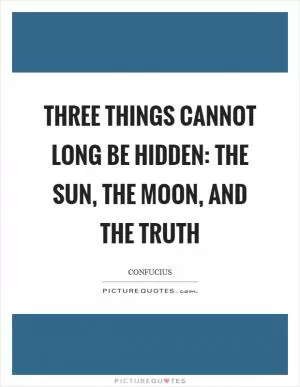
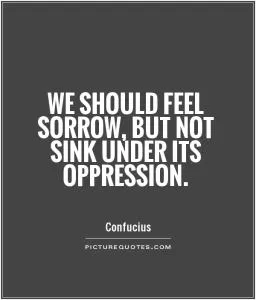

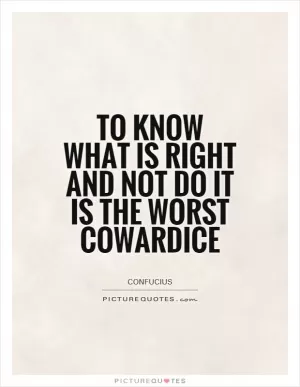
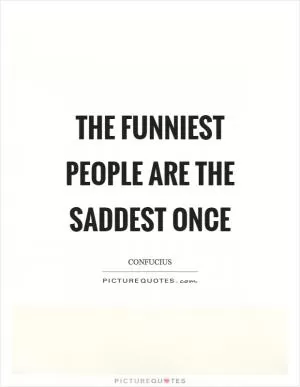

 Friendship Quotes
Friendship Quotes Love Quotes
Love Quotes Life Quotes
Life Quotes Funny Quotes
Funny Quotes Motivational Quotes
Motivational Quotes Inspirational Quotes
Inspirational Quotes